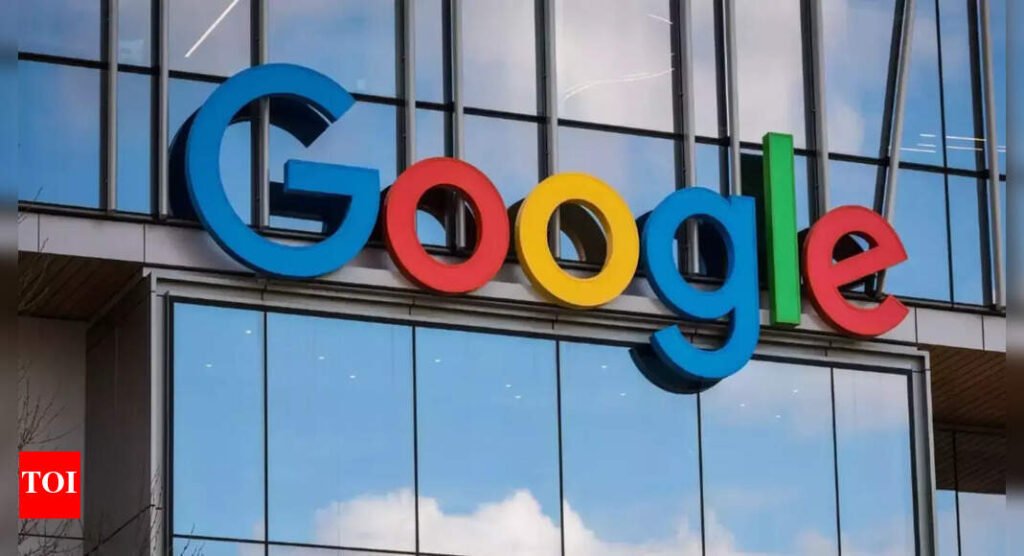The glittering offices of Google, Apple, Meta, and Amazon have stood as modern cathedrals of ambition for decades. Landing a job at one of these tech titans wasn’t just a career milestone; it was a cultural badge of honour. But in a profound and quietly escalating shift, today’s graduates are choosing a different path. The once-unquestioned allure of Big Tech is losing its luster. A growing number of young Americans are bypassing Silicon Valley altogether, driven not by six-figure starting salaries but by something deeper: Stability, meaning, and purpose.This generational recalibration is more than a fleeting trend; it’s a redrawing of the professional map.
The cracks in the code: Disillusionment with Big Tech
What was once considered the pinnacle of professional aspiration is now viewed with caution. According to a study by the National Society of High School Scholars (NSHSS), reported by Forbes, a striking number of Gen Z graduates no longer regard tech companies as ideal employers. The reasons are layered but clear.First, there’s the widespread fear of automation, as artificial intelligence and machine learning threaten to displace entry- and mid-level roles, job security has become a casualty. The same industry that promises innovation and progress is now synonymous with abrupt layoffs and a relentless pace of change. Once a beacon of long-term growth, the tech sector has increasingly become a symbol of instability.Moreover, recent high-profile layoffs at companies that once prided themselves on employee perks and progressive work cultures have underscored the volatility of the industry. For many young job seekers, the message is unmistakable: The tech dream is no longer a guarantee of stability.
The rise of purpose-driven professions
If tech is no longer the dream, what is? Increasingly, the answer lies in healthcare, social services, and human-centered professions. In a survey by Network Trends, an overwhelming 76% of students ranked job stability as their top priority, surpassing salary, prestige, or even location.This shift is not purely economic; it’s deeply existential. The COVID-19 pandemic, rising mental health awareness, and the growing cultural emphasis on empathy and community have reframed the meaning of success. Careers in medicine, nursing, public health, and therapy are now seen not just as “safe bets,” but as moral and emotional callings. They offer what tech increasingly cannot: a tangible, human impact.This isn’t an American anomaly. In Spain, enrollment in healthcare and social service programmes has steadily increased between 2018 and 2024, underscoring a global trend toward care-centric careers in an era of demographic change and increasing life expectancy.
Big Tech’s talent crisis: Can it regain relevance?
This talent migration presents a sobering dilemma for the tech industry. If the brightest minds of a generation no longer aspire to join its ranks, how will innovation sustain itself?For Big Tech firms, a cosmetic overhaul won’t suffice. It is no longer enough to offer game rooms, stock options, and gourmet cafeterias. Today’s graduates are asking harder questions: What is the ethical impact of this work? Will my job still exist in five years? Am I building something that serves the public good, or just the bottom line?To remain attractive, tech companies must undergo a deeper reckoning. That means reorienting their missions beyond disruption and profit, investing in social responsibility, and crafting roles that promise not only advancement but meaning.
The future of work is being rewritten
What we are witnessing is not simply a rejection of one industry, but a redefinition of ambition itself. A job at Google no longer guarantees prestige; it may raise concerns about burnout, disposability, or ethical ambiguity. In contrast, a nursing degree or a role in public health may now symbolize courage, resilience, and social relevance.This is not a story of one sector’s decline, but of another’s rise, a generational declaration that work should not just be profitable, but purposeful.If the early 2000s were defined by the rise of the digital empire, the mid-2020s may be remembered as the era when young minds chose to heal, rather than hack.


